It seems like a good time to conclude my eco-literate pedagogy blog at eco-literate.com. Recently, I downloaded all of the posts. The blog has 55,397 words (in Word, at 12-font, Times, that’s 147 pages!), which is longer than my book, Eco-Literate Music Pedagogy, published in 2017 with Routledge. Ultimately, this blog can be seen as an outgrowth of that book. But ultimately, it is time I place more of my writing efforts elsewhere (such as in peer-reviewed outlets). The first post was 8/18/2018 and the final one is today, 12/07/2019.
When I downloaded the posts, I began putting them in various folders, by topic. Inadvertently, then, this blog provides a thematic structure for the ecological criticism I have conducted over the past two years. It can, then, also provide a direction for understanding future ecological criticism.
Structure of my ecological criticism of music and education
- Philosophy
- Music Education Philosophy
- Marxian Species Being
- Indigenous Ecological Knowledge
- Gender and Ecology
- Religion
- Waste
- Schooling
- Technology
- Place
- Uprooted Individuals
- Soundscapes
- Politics
- Teaching Ideas
- Band, Orchestra, Choir
- General Music
- Music in General
DJS
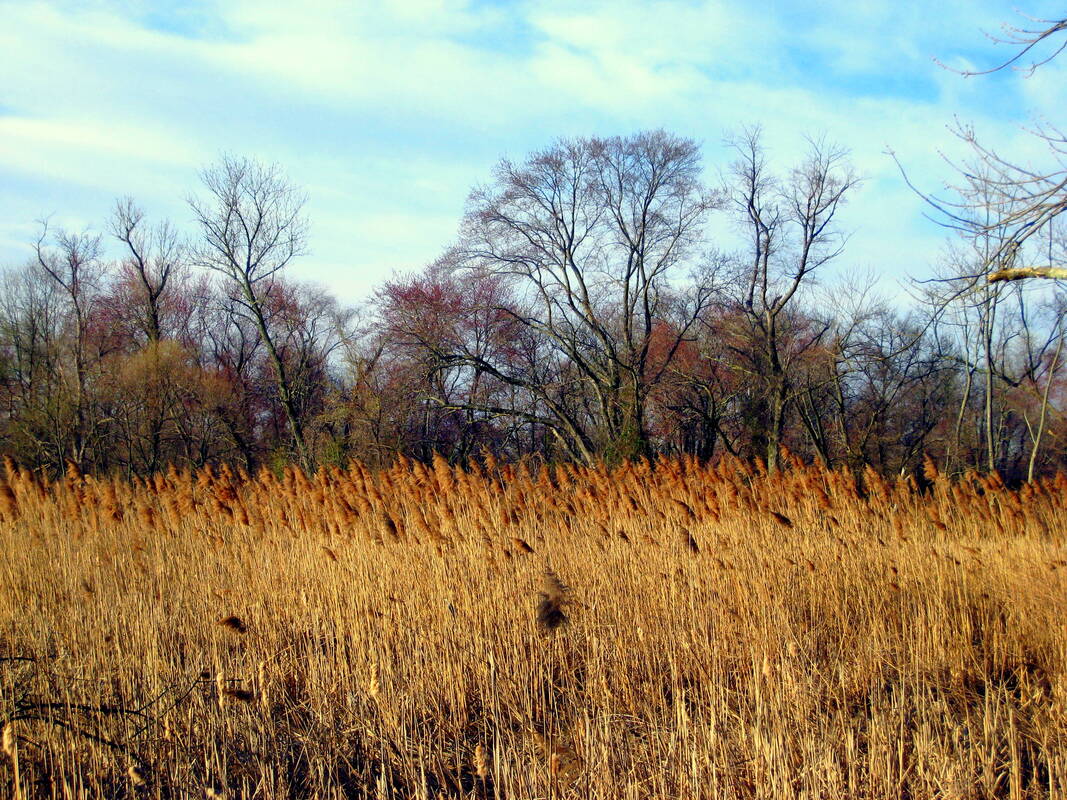
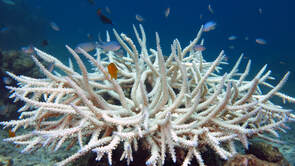
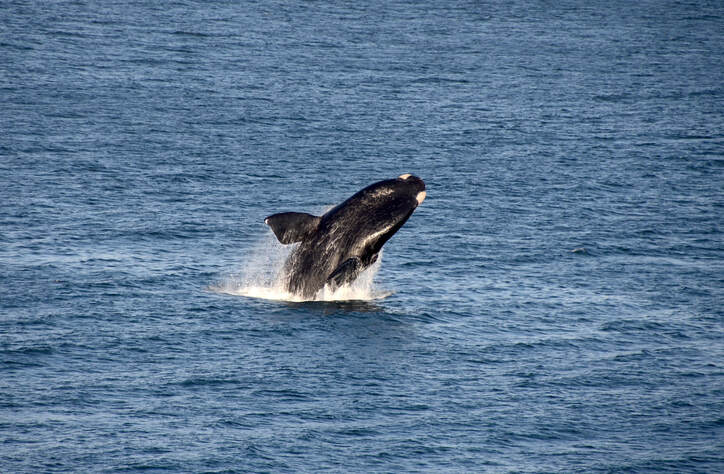
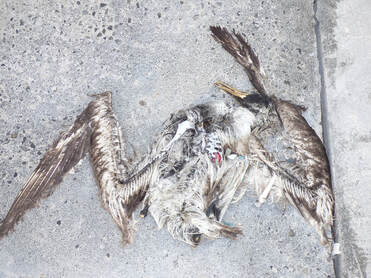
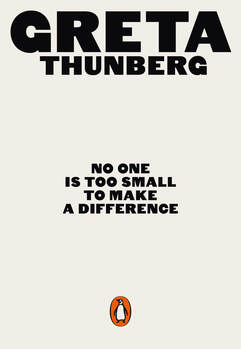
 RSS Feed
RSS Feed
